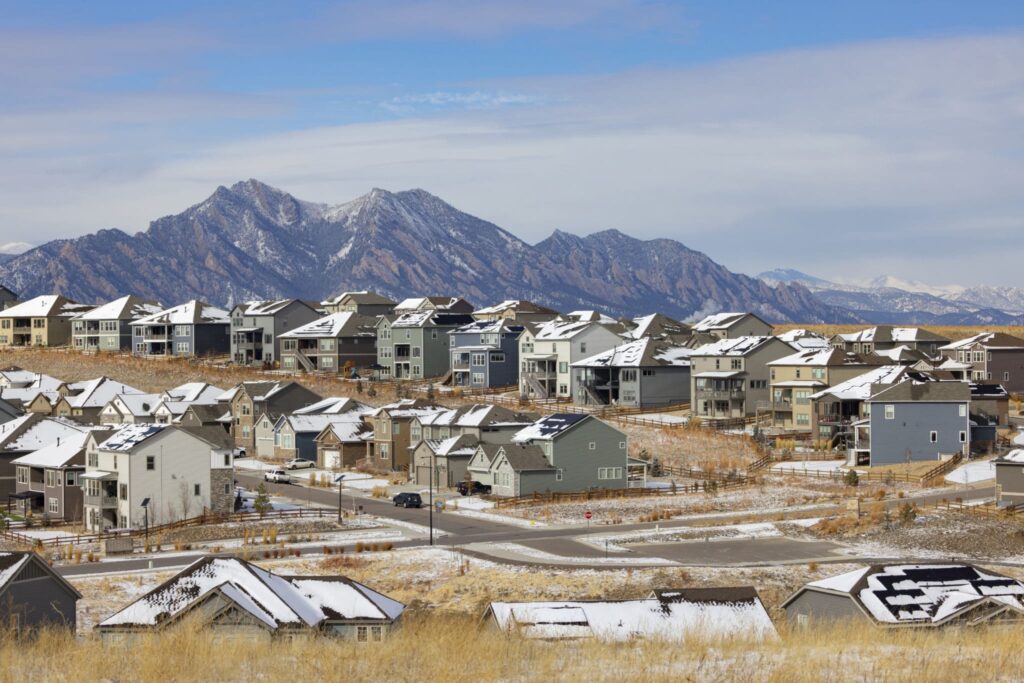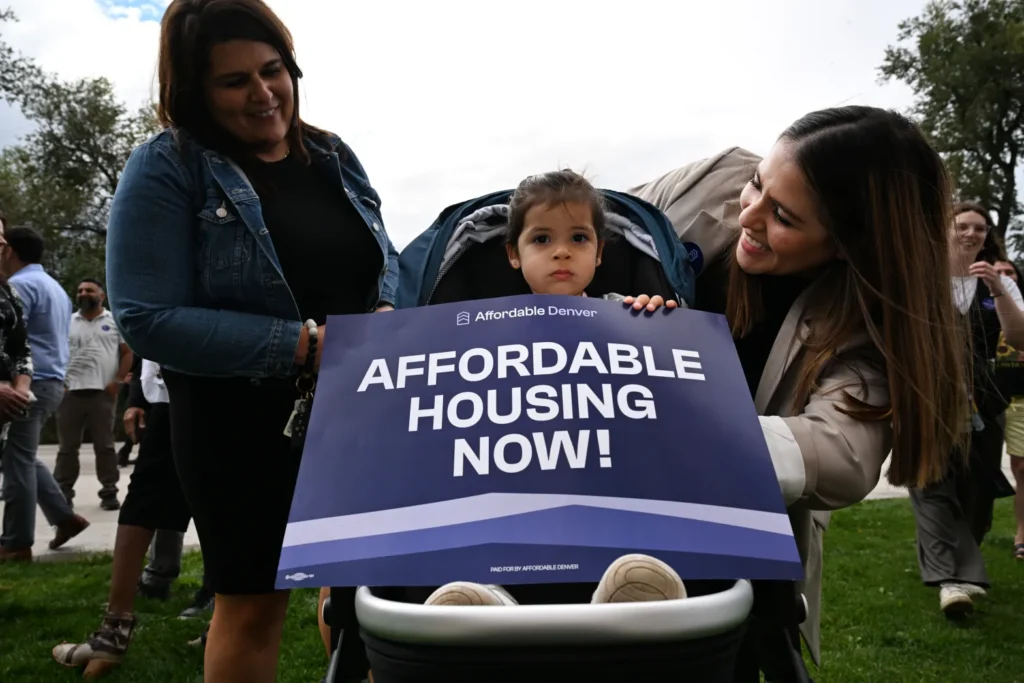
By Traci Biondi, M.D., chief medical officer for Prominence Health in Reno
Affordable housing is an issue in Reno, in Nevada, and in the United States — largely driven by a supply-demand problem. We have seen the price of homes escalate and don’t have enough land or developments in the works to meet the growing demand.
I was pleased to read that Mayor Schieve believes that it’s time to cut red tape and make building homes easier by loosening zoning laws and burdensome environmental regulations. That seems like a well-reasoned approach to address the crisis.
However, I am very concerned that Nevada legislators will consider bringing back legislation to implement rent control to address the housing issue. This is not only a bad economic decision, but it will also impact the health of our community.
Yes, rent control impacts public health. Numerous studies have shown this. As a doctor that is a concern to me, as it should be to policy makers.
There are many ways that rent control impacts the health of tenants. First, rent control disincentivizes landlords to make improvements to housing, so renters in price-controlled units may miss out on necessary safety upgrades, like better lighting, smoke and radon detectors, or new appliances. Landlords also defer maintenance to units, which diminishes housing conditions. Poor housing quality has been shown to contribute to higher risks of physical injuries, while outdated infrastructure can increase exposure to environmental hazards.
A 2021 study of rental units in New York found that rent controlled units had a higher presence of rodents, mold, water leaks, toilet breakdowns, and heating breakdowns than unregulated units.
In a 2011 study in the American Journal of Public Health, researcher Samiya Bashir wrote, “Significant research demonstrates the harmful association of asthma, neurological damage, malnutrition, stunted growth, accidents, and injury with household triggers like poor insulation, combustion appliances, cockroach and rodent infestation, dust mites, hyper- and hypothermia, unaffordable rent, and dangerous levels of lead in soil and household paint. Furthermore, the culture of isolation ensures that the persons who are most vulnerable to these diseases — infants, children, the elderly, the chronically ill, and the immunocompromised — are also those who spend the most time indoors and alone.”
Second, rent control can reduce housing turnover, making it harder for new residents to find rental units in controlled markets. This scarcity may lead to overcrowded living conditions or push people into smaller or shared spaces that are not ideal for long-term living, increasing stress, anxiety, and exposure to illnesses. Overcrowded housing is linked to a higher risk of contagious diseases, mental health issues, family stress, and has a negative impact on children’s health, environment and schooling.
Just this month, Californians overwhelmingly rejected an initiative (Prop. 33) that was on the November ballot that would have allowed local governments to expand rent control. It lost in all 58 counties, even in San Francisco with its sky-high housing prices. Similar proposals failed in 2018 and 2020.
Prop. 33 “would allow cities and counties to put new restrictions on building new housing; it would take away incentives for people who are trying to build more housing,” said Nathan Click, a spokesperson for the “No on 33” campaign. “It would lower the supply of housing, and it would actually drive-up rents across the state.”
We often look to California as an example of policy that we should not follow. This is the one time I’d say we should follow their example. If given the option, I would bet that Nevada voters would also reject rent-control initiatives. I think it wise that Nevada Legislators look West and realize that rent control is not popular with voters and is harmful to the health of Nevada residents.
Traci Biondi, MD is the chief medical officer for Prominence Health in Reno. She is a board-certified anesthesiologist and received her medical degree from University of Nevada, Reno School of Medicine.




